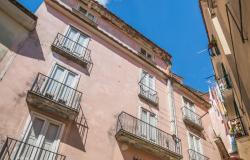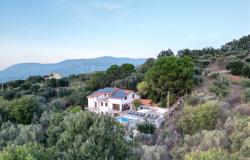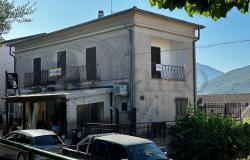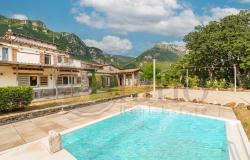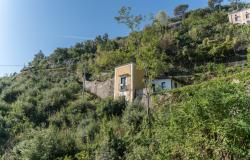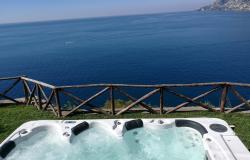 (ANSA) - A major new show in Naples highlights the extraordinary universe of science and technology created by ancient Greek masters.
(ANSA) - A major new show in Naples highlights the extraordinary universe of science and technology created by ancient Greek masters.
The show, Eureka! The Genius of the Ancients, displays fully functional models of intricate machines like water clocks and musical and astronomical instruments which are carbon copies of those used in ancient times.
Among the most impressive models on show is a recreation of one of the wonders of the ancient world, the Lighthouse at Alexandria. 'Eureka!' ("I have found it!") is the famed cry that great mathematician and engineer Archimedes uttered as he splashed out of his bath and ran naked through the streets of Syracuse after cracking the theory of buoyancy.
Archimedes also conceived a theory for calculating the number of grains of sand in the world, giant mirrors that could set fire to enemy sails, the water screw for raising water and giant pulleys that could hoist the biggest ships.
"Give me a lever long enough, and a place to stand, and I'll move the world," he also famously said.
He went on to calculate the fundamental algebraic value psi - the ratio of a circle's radius to its circumference. The Naples show celebrates Archimedes' genius and that of other Greek scientists like Aristarcos of Samos who was the first to realise that the Earth moved around the Sun and the stars were not fixed - or Ctesibios who built the first semi-automatic water clocks.
These, along with original instruments, objects, drawings and paintings borrowed from various archaeological museums provide a fascinating journey into ancient theories that still underlie modern science and technology. Compasses, pumps and food-reheating containers are among the more practical objects on display. A surgical document describes how to operate on a cataract of the eye.
There is also an exquisite model of a mini-temple of Dionysus where hidden mechanisms and water organs make the god emerge while statuettes of female acolytes sing Bacchic rites.
"The Hellenistic Age from Alexander to Cleopatra saw a pursuit of science for its own sake, something the Romans lost," says curator Eugenio Lo Sardo, noting that the Greeks only had one word for medicine, geometry, astronomy and allied sciences: 'physis' or Nature.
"It was the Arabs who saved the books of the great scientists and kept research going, introducing numbers and algebra."
When Aristotle was slain by a Roman soldier during the sack of Syracuse in 212 BC he was said to have fallen clasping a revolutionary planetary model he wanted to give the city's conqueror Marcellus. A sphere in which all the motions of the planets were described, it was lost to history as the more practical Romans went on to subdue the Hellenistic world, taking its
knowledge of optics, mathematics, mechanics, hydraulics, medicine and geography but losing its taste for pure invention.
Eureka runs until January 9 at the famous Museo Archeologico Nazionale in Naples.
